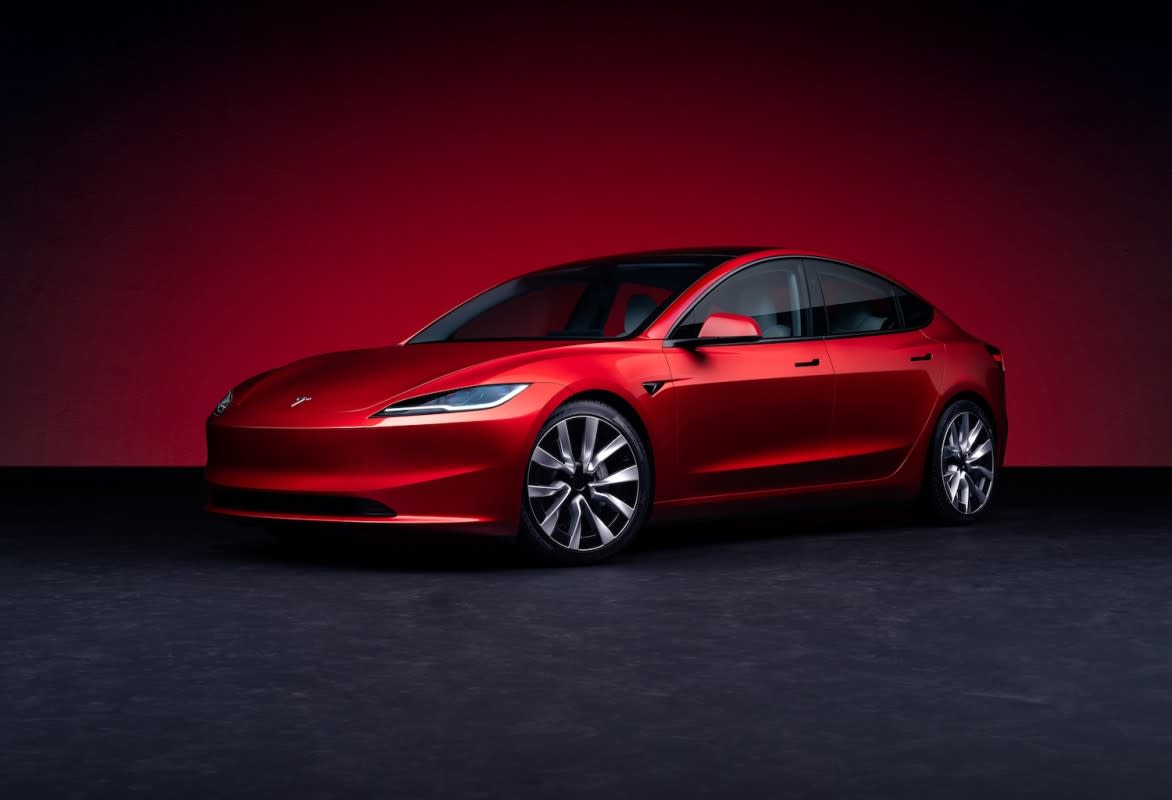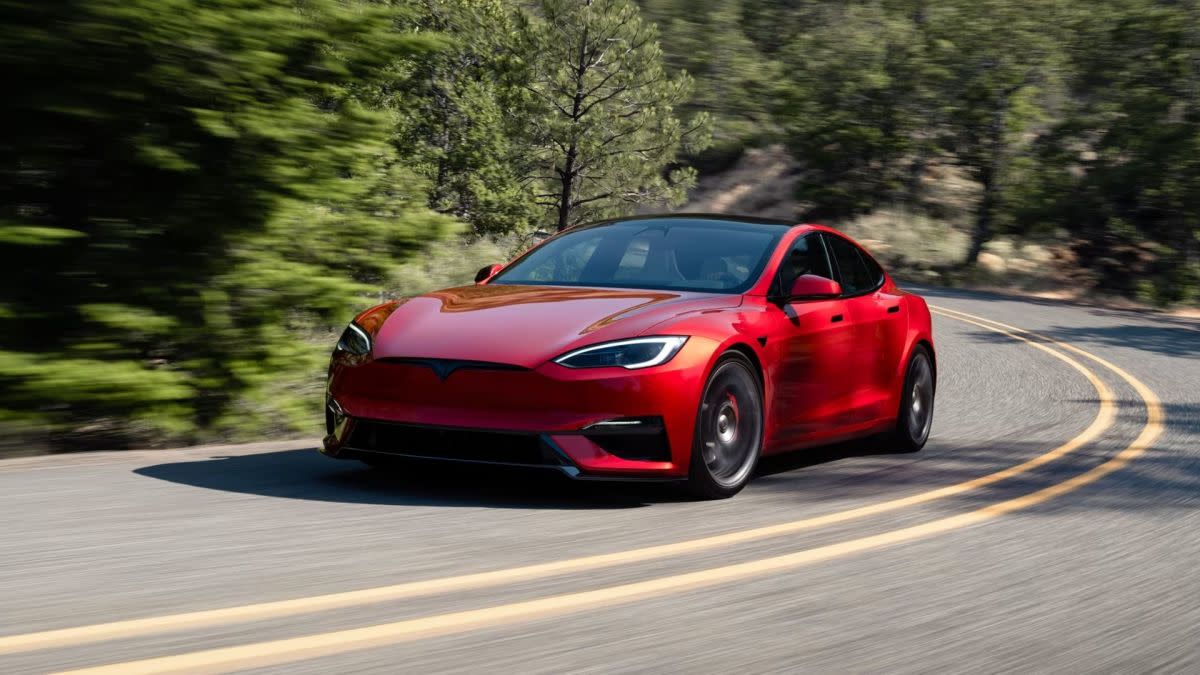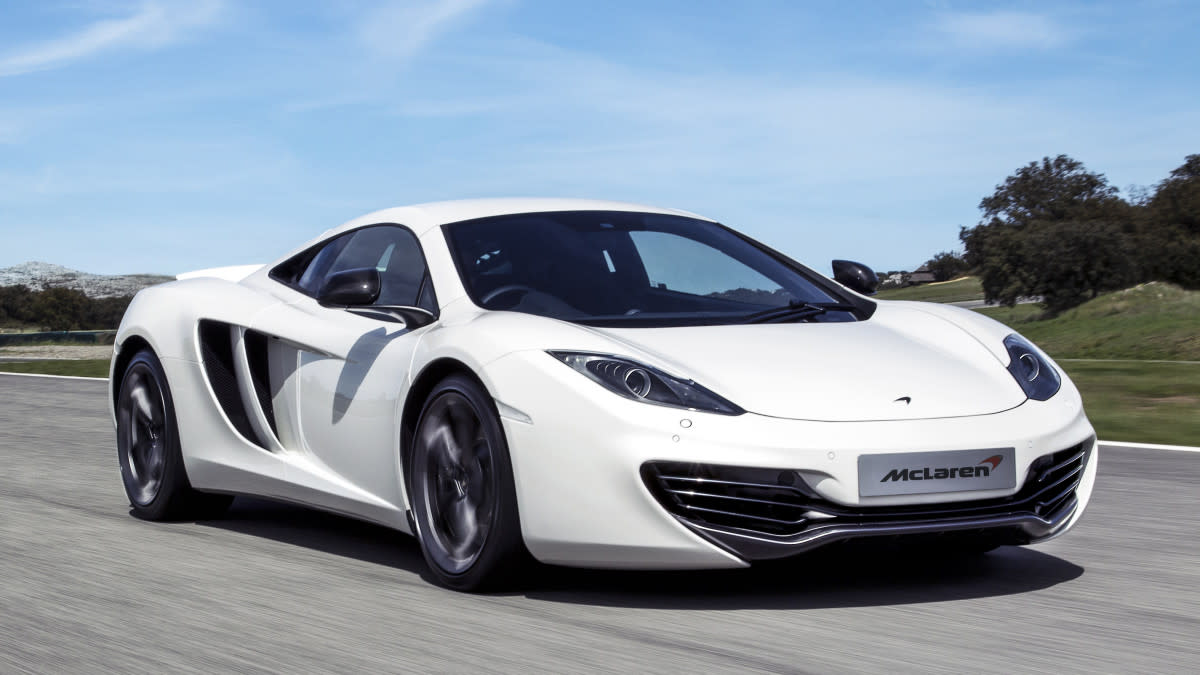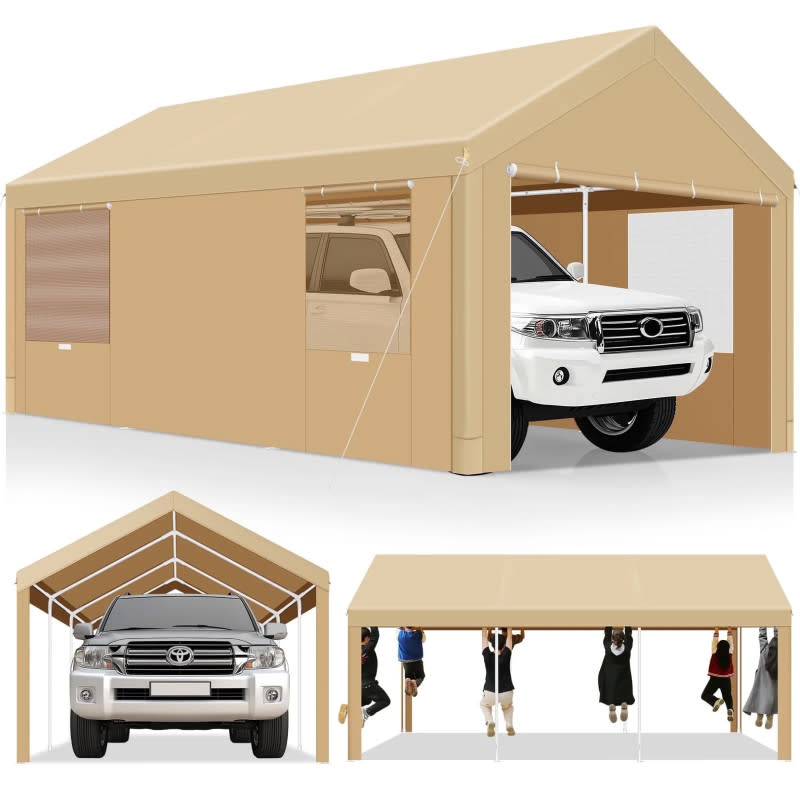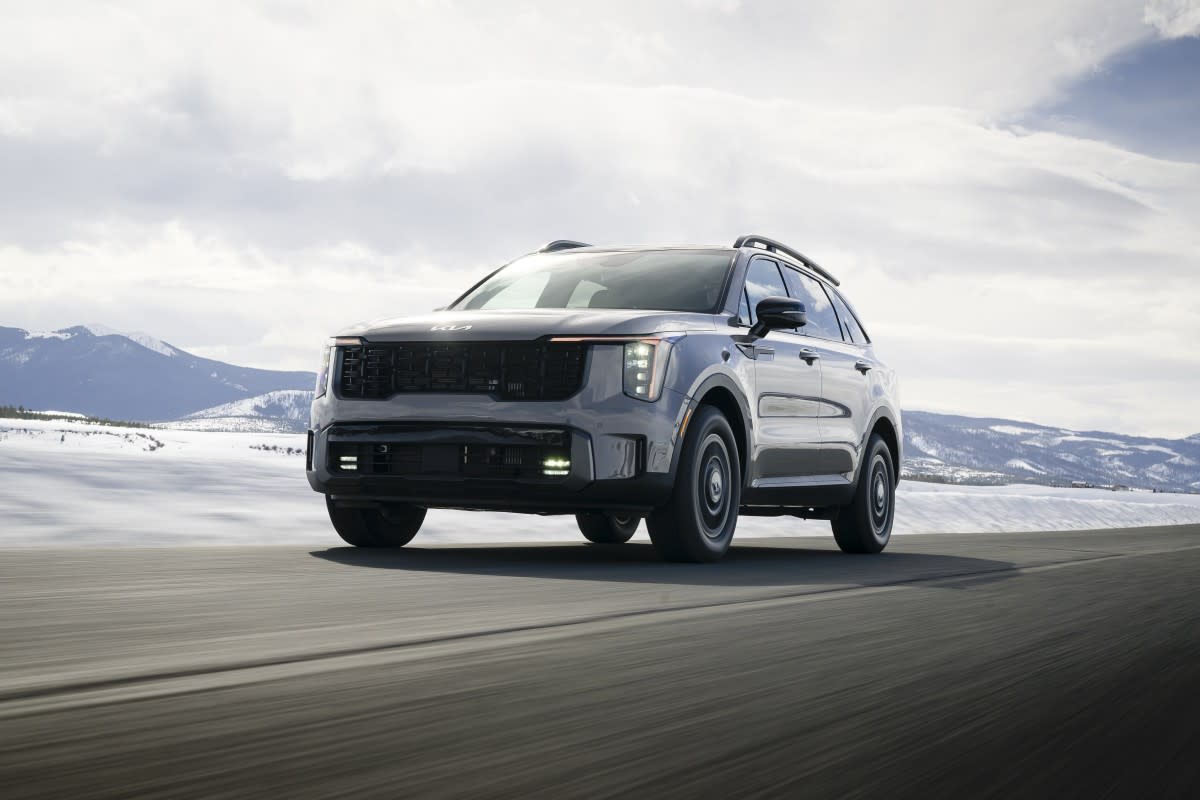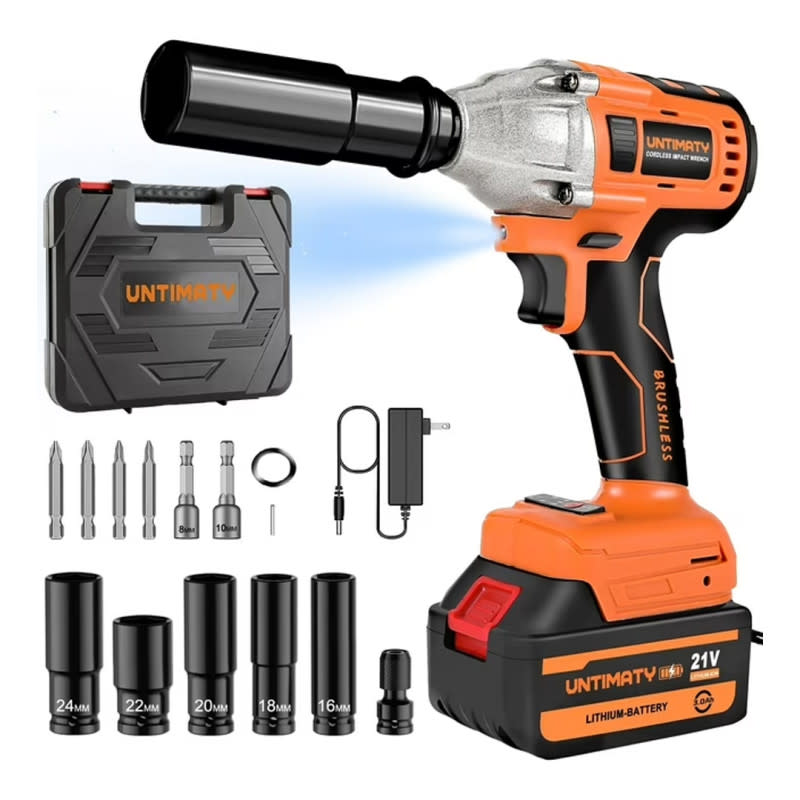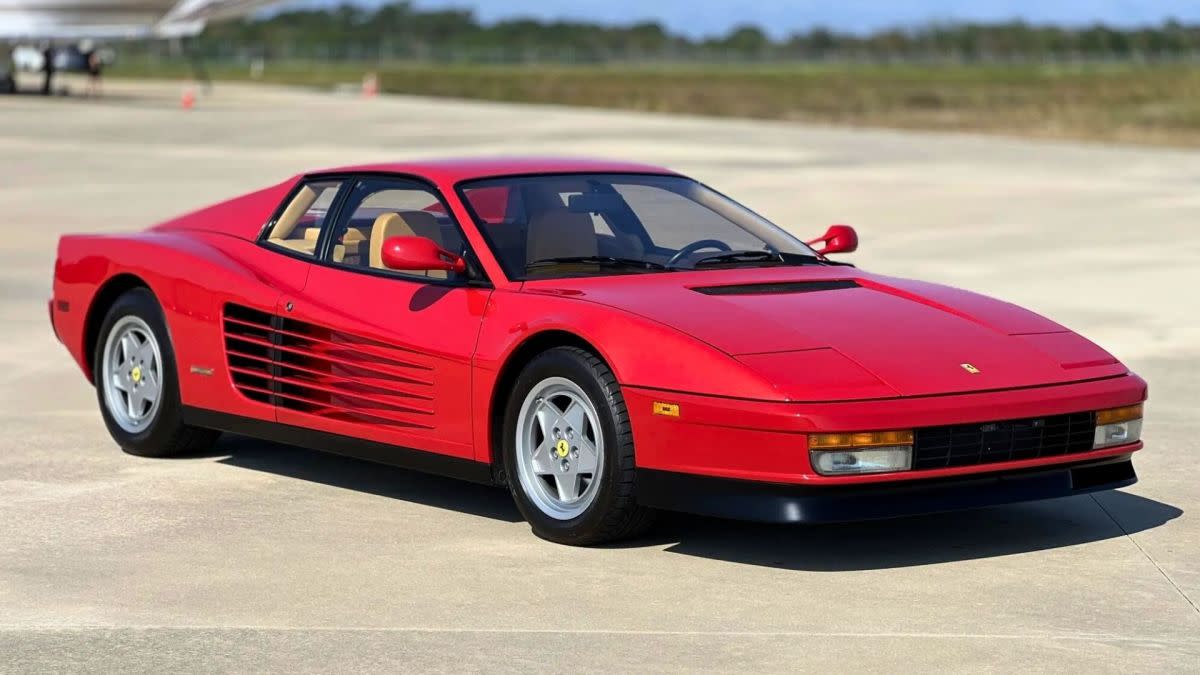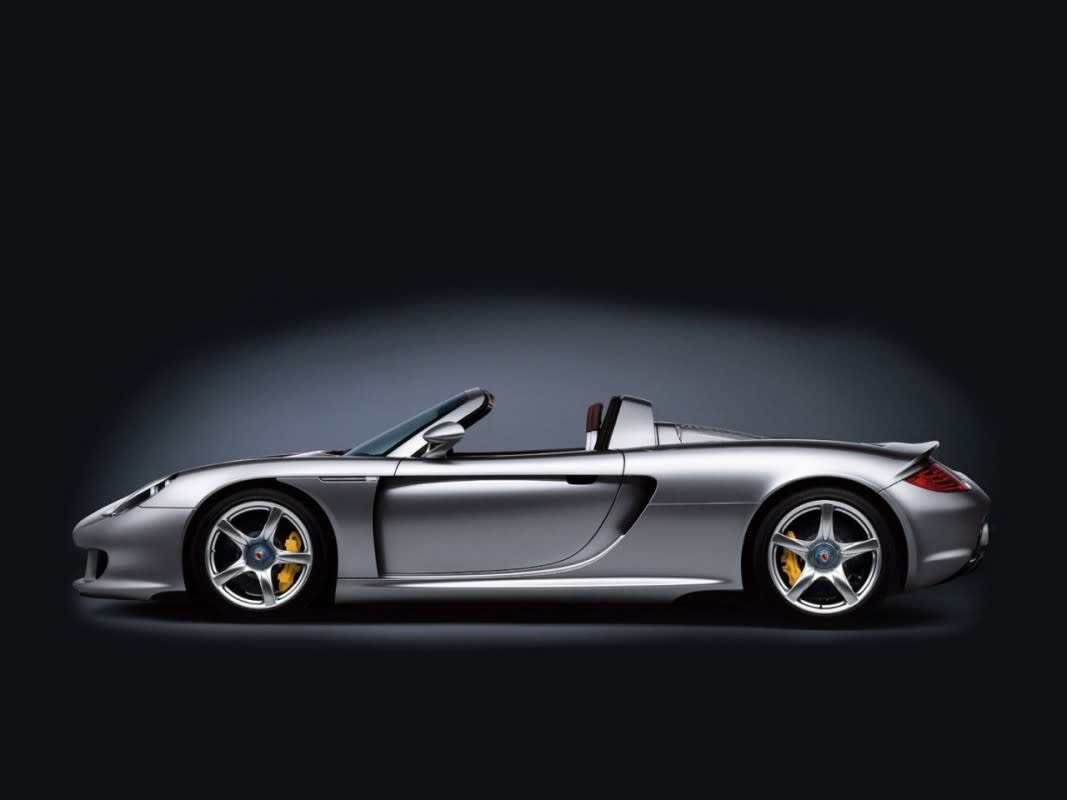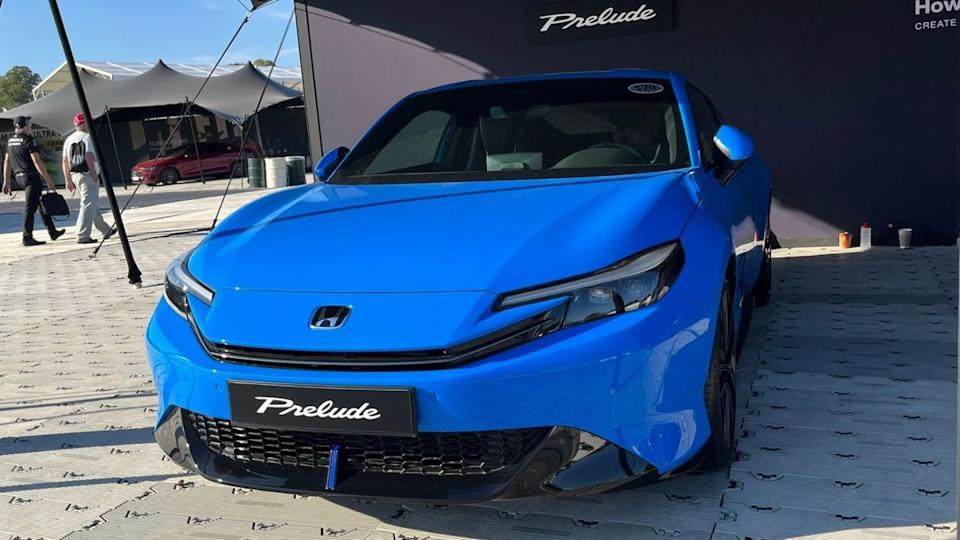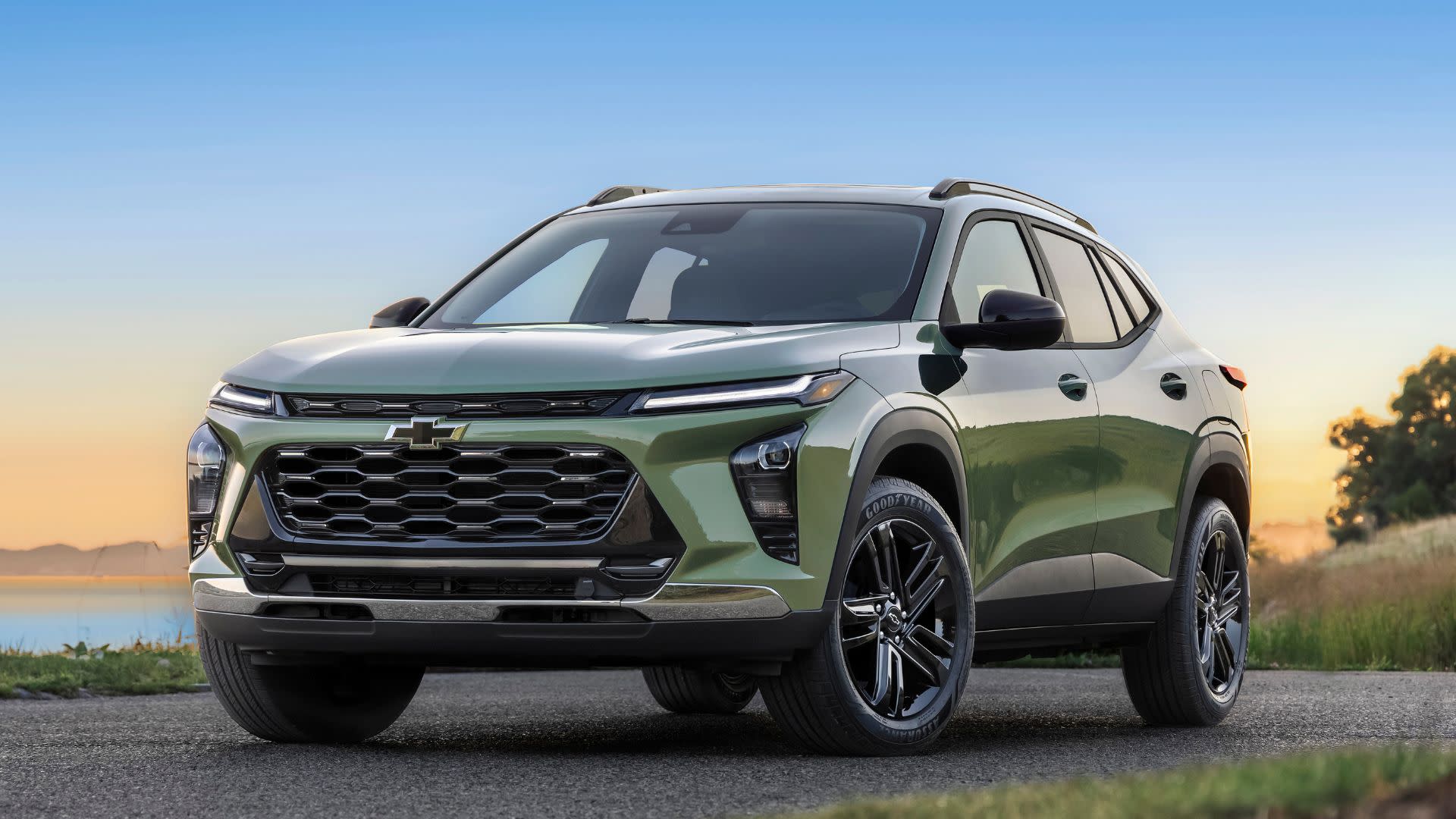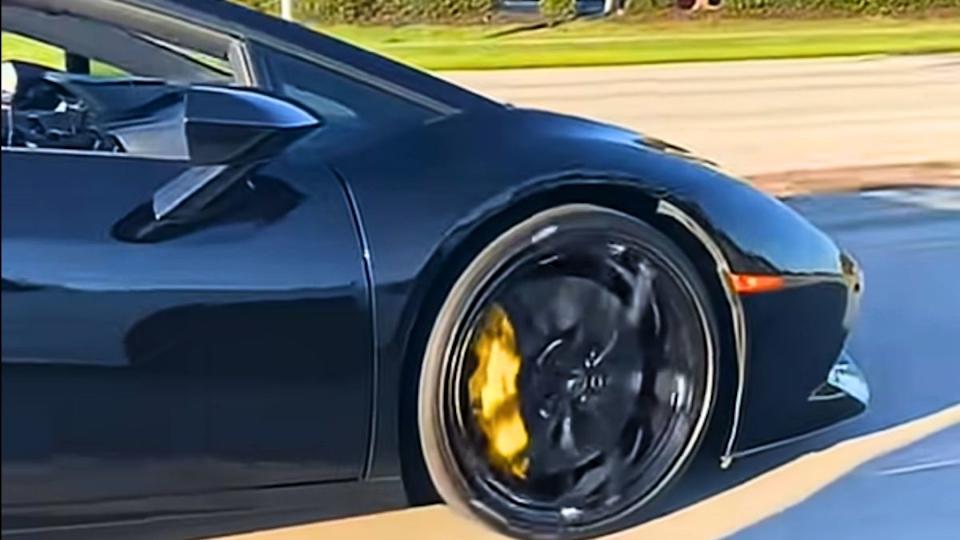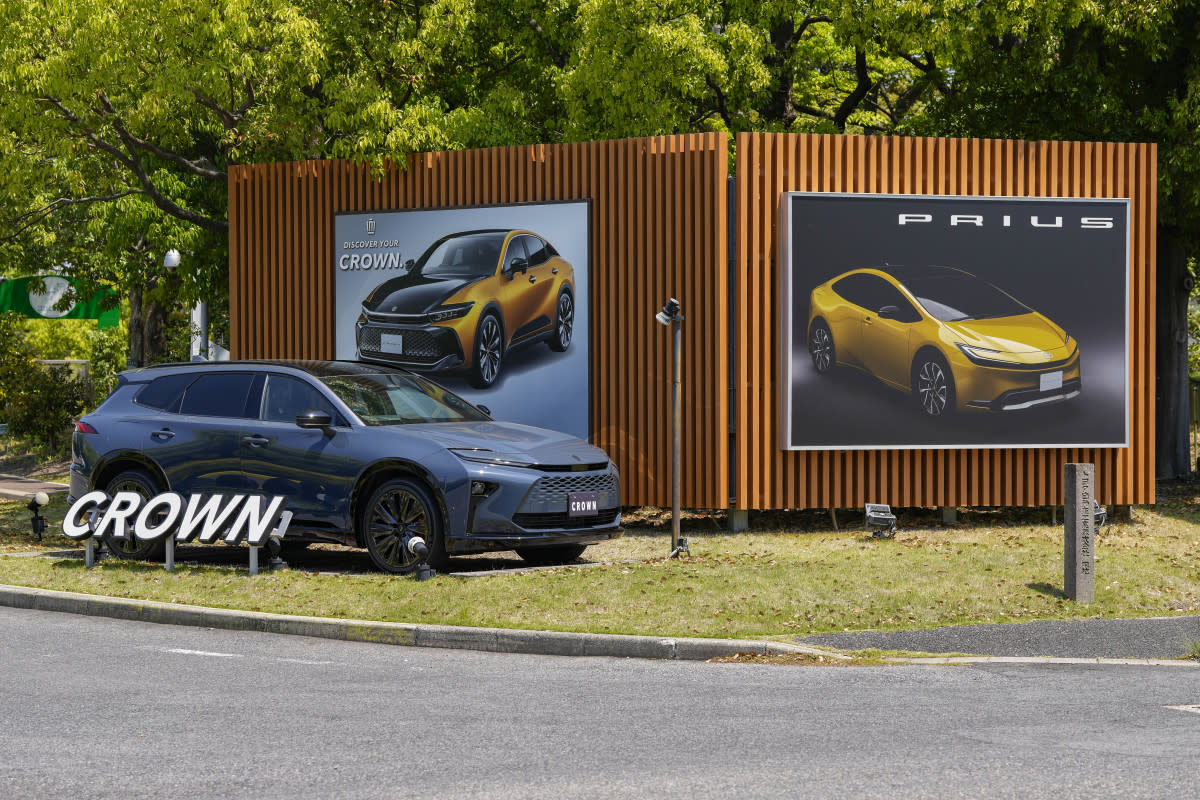
Japanese Automakers Send Mixed Messages Folllowing Trump Trade Deal originally appeared on Autoblog.
Japan's automakers react to Trump's trade deal
Following the news of reduced tariffs on Japanese car imports as part of President Donald Trump’s new trade deal with Japan, automakers in the land of the rising sun have much to say about what went down and how it impacts their business. According to a new report by Bloomberg, Japanese automaker Toyota said that it is still hoping for an improved trade relationship between the United States and Japan, even going as far as to call for lower tariffs than the already-negotiated terms that were revealed this week.
“Toyota hopes the environment surrounding the automotive industries of both Japan and the US continues to improve, including further reductions in tariffs, based on fair and open trade,” the automaker said in a statement to Bloomberg on July 24.
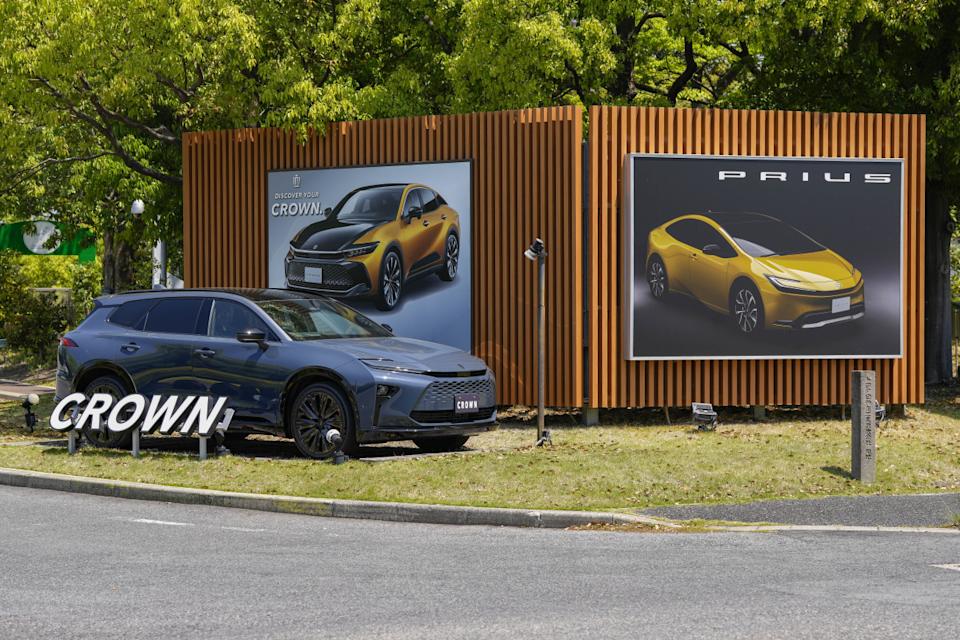 A Toyota Crown displayed outside the company's Tsutsumi plant in Toyota, Aichi Prefecture, Japanoru Hanai/Bloomberg via Getty Images
A Toyota Crown displayed outside the company's Tsutsumi plant in Toyota, Aichi Prefecture, Japanoru Hanai/Bloomberg via Getty ImagesThe Japanese auto giant's messaging comes just a day after President Donald Trump announced a much-awaited trade agreement with its home government. In a post on his social media platform Truth Social late on July 22, the President announced that his administration had reached a trade deal with Japan that lowers "reciprocal" tariffs on imported goods from a previously proposed 25% down to 15%.
Notably, Japanese automotive exports will see existing tariffs cut to 15% from previous levies of 25%. Previously, Toyota had anticipated a ¥180 billion (~$1.2 billion) hit from the previous tariffs. In a recent note, Goldman Sachs Japan analyst Kota Yuzawa projected that the gross industry impact of the new tariffs is to be around ¥1.9 trillion (~$12.9 billion) across the entire Japanese auto industry, which is down from the ¥3.5 trillion (~$23.8 billion) that was previously projected.
Not all Japanese automakers are on equal footing
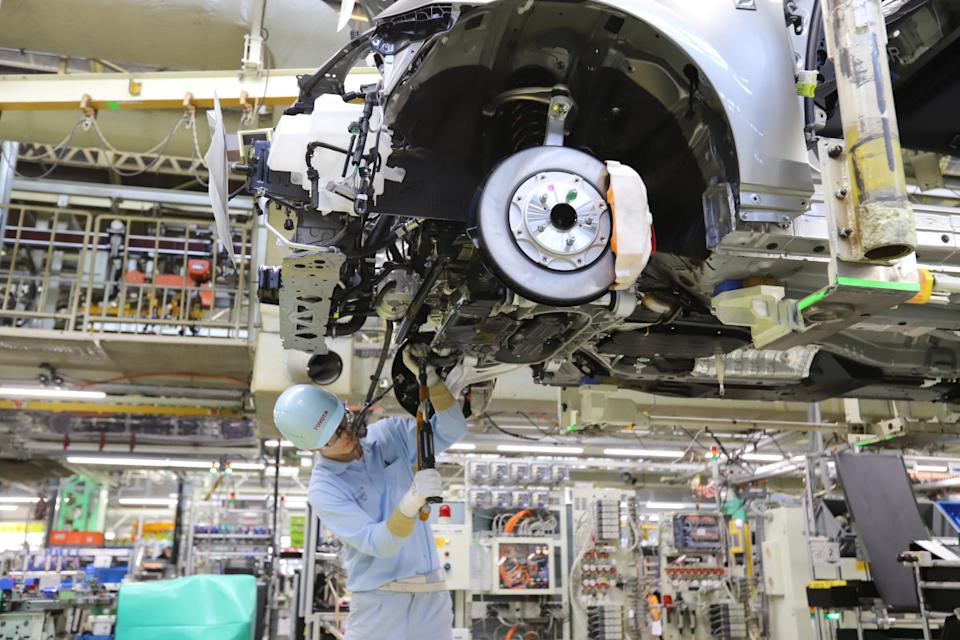 A worker of Japanese automobile giant Toyota Motor assembles auto parts for the Lexus GS at the company's Motomachi plant in Toyota city near Nagoya, central Japan, on July 30, 2018. Yoshikazu TSUNO/Gamma-Rapho via Getty Images
A worker of Japanese automobile giant Toyota Motor assembles auto parts for the Lexus GS at the company's Motomachi plant in Toyota city near Nagoya, central Japan, on July 30, 2018. Yoshikazu TSUNO/Gamma-Rapho via Getty ImagesHowever, while this may be positive news, automakers like Mitsubishi are still cautious. Unlike its contemporaries like Toyota, Honda, or even Nissan, Mitsubishi imports every vehicle it sells in the United States from Japan, as it does not have a manufacturing presence in the 50 states. Per Bloomberg, the news of the tariffs came right as the Three Diamonds announced a dismal first-quarter earnings report that missed estimates, which it expects to lighten, but not entirely remove all the weight off Japanese automakers' backs.
“We expect it will mitigate the impact, but the tariffs that took effect in April have already started to affect our sales,” Chief Financial Officer Kentaro Matsuoka said on July 24, per Bloomberg. “It’s a positive in that tariffs are lower than initially expected, but this doesn’t mean we can let our guard down.”
The American auto industry bites back
However, at the same time, groups representing American automakers and their factory workers have reacted negatively to the lowered tariff rate on imported Japanese automobiles. On July 23, the American Automotive Policy Council, a lobbying group representing General Motors, Ford, and Stellantis, argued that the deal between the Trump administration and Japan could set Detroit's Big Three back. Despite having American-made engines, gearboxes, and other parts, its Canadian and Mexican imports would still face 25% tariffs.
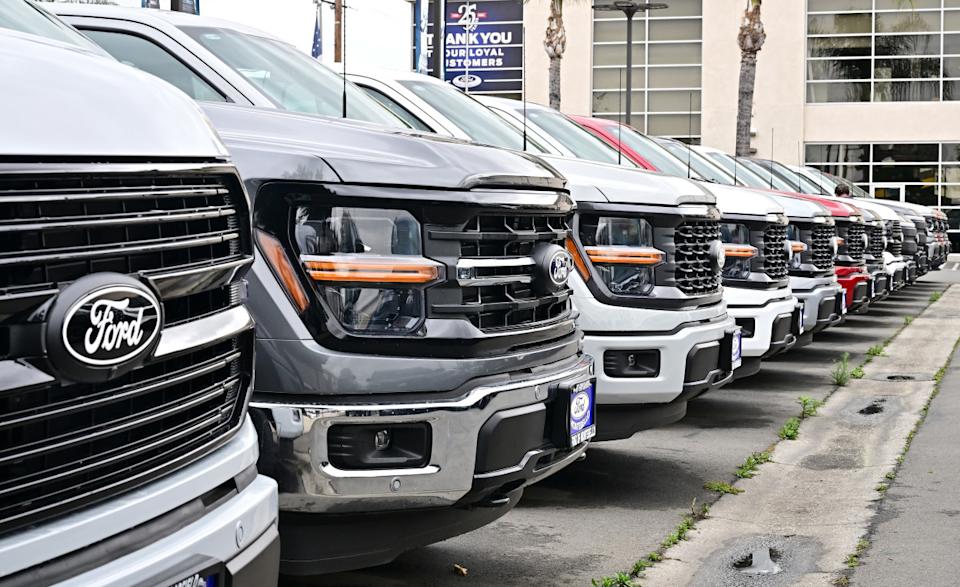 Ford trucks are seen at a car dealership in Montebello, California on May 5, 2025. FREDERIC J. BROWN/AFP via Getty Images
Ford trucks are seen at a car dealership in Montebello, California on May 5, 2025. FREDERIC J. BROWN/AFP via Getty Images“American automakers still need to review the details of the U.S.-Japan agreement, but any deal that charges a lower tariff for Japanese imports with virtually no U.S. content than it does North American-built vehicles with high U.S. content is a bad deal for the U.S. industry and U.S. autoworkers,” American Automotive Policy Council president Matt Blunt said in a statement.
Similarly, the United Auto Workers, the largest labor union representing US automotive factory workers, said in a June 23 statement that it is deeply angered by the Trump administration's trade deal, adding that American workers are "being left behind."
"If this becomes the blueprint for trade with Europe or South Korea, it will be a major missed opportunity. After decades of failed trade policy, American workers don’t need another deal that pushes them down for demanding a better life," the Union said. "We need trade deals that raise standards—not reward the race to the bottom. This deal does the opposite."
Final thoughts
Ultimately, whether it is at 15 or 25%, analysts still note that these levies will affect sticker prices at the dealer, as they feel that Japanese automakers are likely to raise prices for consumers. According to The New York Times, auto retail consultant Marc Cannon has been advising dealers on how to deal with tariffs and warns that automakers will pass on the costs to the consumer.
“It’s coming to the consumer,” Cannon said. “A lot of the manufacturers and dealers are trying to figure out how they’ll do it, but even at 15 percent, it’s too much for the car companies to just eat themselves.”
Japanese Automakers Send Mixed Messages Folllowing Trump Trade Deal first appeared on Autoblog on Jul 27, 2025
This story was originally reported by Autoblog on Jul 27, 2025, where it first appeared.


